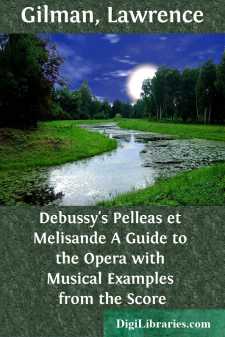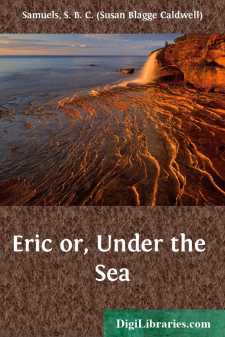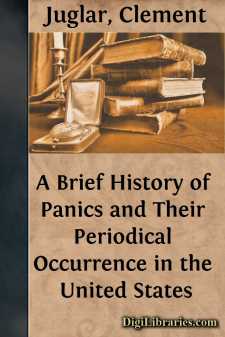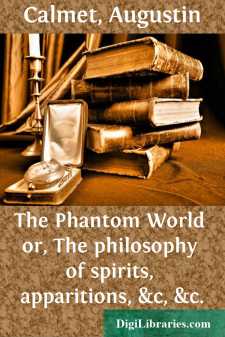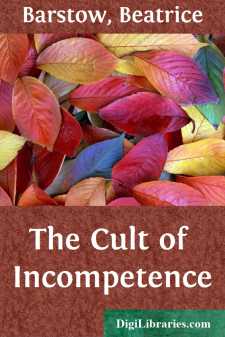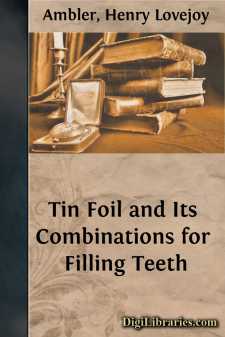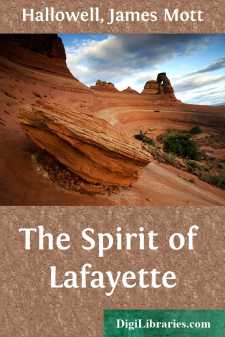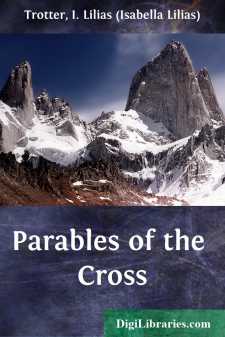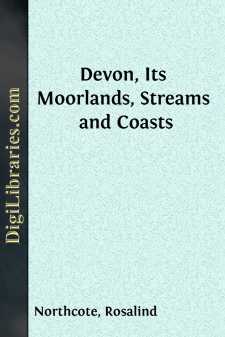Non-Classifiable
- Non-Classifiable 1768
Non-Classifiable Books
Sort by:
by:
Lawrence Gilman
I With the production at Paris in the spring of 1902 of Claude Debussy's Pelléas et Mélisande, based on the play of Maeterlinck, the history of music turned a new and surprising page. "It is necessary," declared an acute French critic, M. Jean Marnold, writing shortly after the event, "to go back perhaps to Tristan to find in the opera house an event so important in certain respects...
more...
CHAPTER I. LEAVING THE CASTLE. Olendorf is not far from Hamburg. The broad and sparkling Elbe washes it on the western side, and with the rugged mountains and the weird grand, old forests upon the north and east, seem to shut the little town quite in from the outer world; yet Olendorf had been an important place and on account of its grand old fortress, Castle Wernier, was a bone of contention...
more...
by:
Clement Juglar
In this translation, made with the author's consent, my chief object being to convey his entire meaning, I have unhesitatingly rendered the French very freely sometimes, and again very literally. Style has thus suffered for the sake of clearness and brevity, necessary to secure and retain the attention of readers of this class of books. This same conciseness has also been imposed on our author by...
more...
by:
Augustin Calmet
INTRODUCTION. Among the many phases presented by human credulity, few are more interesting than those which regard the realities of the invisible world. If the opinions which have been held on this subject were written and gathered together they would form hundreds of volumes—if they were arranged and digested they would form a few, but most important. It is not merely because there is in almost...
more...
by:
Beatrice Barstow
INTRODUCTION. Though it may not have been possible in the following pages to reproduce the elegant and incisive style of a master of French prose, not even the inadequacies of a translation can obscure the force of his argument. The only introduction, therefore, that seems possible must take the form of a request to the reader to study M. Faguet's criticism of modern democracy with the daily paper...
more...
PREFACE. Believing that sufficient and well-deserved prominence was not being given to the use of tin foil and its combinations, the author decided to present a brief historical résumé of the subject, together with such practical information as he possesses, before the profession in order that it may have the satisfaction of saving more teeth, since that is the pre-eminent function of the modern...
more...
The Spirit of Lafayette I A few years after the signing of the Declaration of Independence a hostile Mohawk chief met in council a representative of the young American republics for the purpose of concluding a treaty of peace. The representative of young democracy was a soldier of France, the Marquis de Lafayette. Primitive America on the one hand, ancient Europe on the other! "Father," said...
more...
DETAILS OF TREATMENT. For forty-eight hours after admission to the hospital the patient is kept on ordinary diet, to determine the severity of his diabetes. Then he is starved, and no food allowed save whiskey and black coffee. The whiskey is given in the coffee: 1 ounce of whiskey every two hours, from 7 a.m. until 7 p.m. This furnishes roughly about 800 calories. The whiskey is not an essential part...
more...
There was deep insight in those old words. For man's natural thought of death is that of a dreary ending in decay and dissolution. And from his standpoint he is right: death as the punishment of sin is an ending. But far other is God's thought in the redemption of the world. He takes the very thing that came in with the curse, and makes it the path of glory. Death becomes a beginning instead...
more...
Exeter'Richmond! When last I was at Exeter,The mayor in courtesy show'd me the castle,And call'd it Rougemont: at which name I started,Because a bard of Ireland told me once,I should not live long after I saw Richmond.' King Richard III., Act IV, Sc. ii. There are not many towns which stir the imagination as much as Exeter. To all West-Countrymen she is a Mother City ... and there...
more...


